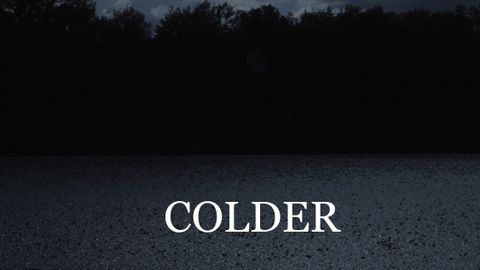Last year’s Many Colours was the first album in a decade from Colder, alias Marc Nguyen Tan, and he follows this up with another two sets released on the same day. Evidently they’re designed to represent two sides to his sound, and Goodbye is noticeably the more accessible of the pair. The Hill benefits from a hypnotic, spiralling synth riff, Cold Hand Bop and Sugar are built around a minimalistic, Suicide-esque technobilly groove, and the organ-flecked shuffle of Sad Faces recalls The Doors. Finally, the kraut-y title track ends the first album with a desolate keyboard motif and a thrumming motorik pulse.
All the while, Tan’s laconic murmured vocal makes for a strangely alluring focal point, and this continues to engage during the more challenging parts of The Rain. We’re confronted with a title track recalling The Cure at their bleakest and least communicative, while Market Day offers a more discordant, bleakly austere ambient soundscape. He still fares well, though, when he has a hypnotic yet unorthodox electric beat at his disposal, as on the hobbling groove of All Along The Way. All told, then, an oddly addictive 75 minutes of genre-defying, brain-tickling 21st century music.


